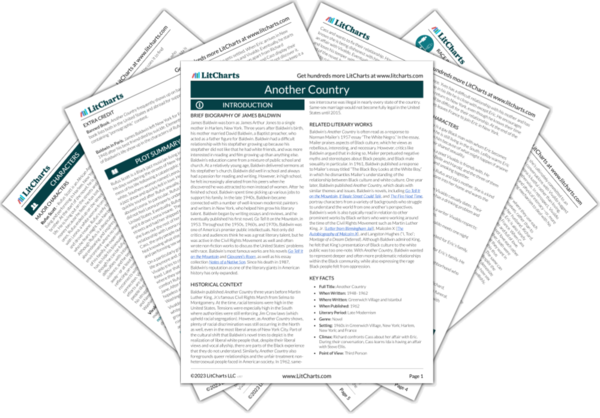Although Eric’s sexuality marginalizes him, he is still protected by his race and class. Meanwhile, LeRoy, is poor, Black, and gay; he has nothing and no one to prevent him from persecution. This is an eye-opening experience for Eric, who had never thought about the ways in which various forms of marginalization can intersect with each other.
